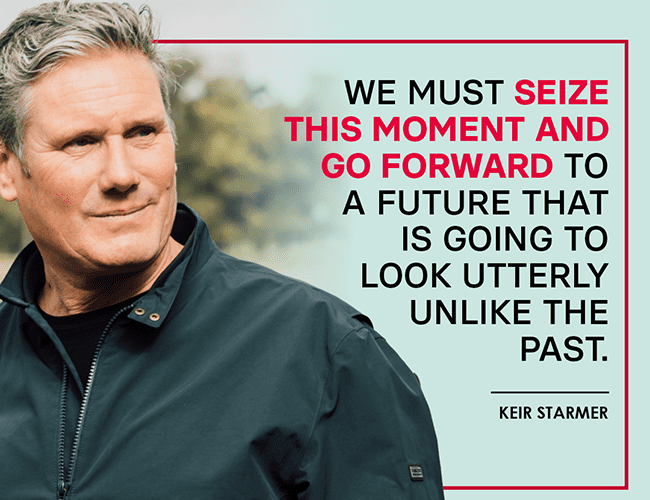- 23/07/2019
- Posted by: Canterbury Labour
- Categories: Environment, Latest News
A climate emergency is upon us. That fact is not altered by the welcome decision of the City Council, last Thursday, to declare it: nothing has changed as a result of the consensual decision to recognise the seriousness of the challenge that faces the whole of humanity.
We have work to do.
I’m writing this at just before 9.00 a.m. The heat is already unpleasantly close to 30oC, something that would have been exceptional 10 years ago but has become normal. This is just one symptom of the problems we face as a result of 150 years of unconstrained industrialisation and the commercial exploitation of geology and nature. In the past 60 years or so we’ve recognised examples of this and acted on each individually: the London smogs of the 50’s; rivers killed by industrial pollution; the use of ecosystem destroying pesticides like DDT; ozone depleting chemicals in aerosol sprays; lead in petrol … the list is endless. But we’ve failed, so far, on the big picture issue of global warming. Now, the younger generation in particular have called us to account. The party is over for industrial societies. Now it is time to clean up.
We have work to do.
In that context, the decision of this City Council is welcome. Its commitment was strengthened considerably by five amendments put forward by Labour councillors, three of which were accepted outright:
- to undertake environmental impact assessments of every decision the Council takes
- to include housing developers in the list of those to be worked with to deliver net zero carbon activity
- to embed the target of reducing carbon emissions within the Corporate Plan and set annual targets which can be effectively monitored
A further two Labour proposals were referred to a new working group on climate change:
- to hold a citizens’ assembly to identify and report on priorities and actions
- to establish in independent review body to report on progress
So far, so good. We have a solid policy which looks to the Council not only to address its own carbon emissions but to cajole, encourage, persuade and where possible enforce other organisations, commercial and public, to do the same. We have a challenging target to achieve net zero carbon by 2030, which will – if we achieve it and everyone else globally does the same – only just be in time to prevent catastrophic and irreversible climate change. If we don’t, then the future of humanity, as well as many other species, is under real and imminent threat.
We have work to do.
That work involves taking the principles set out in the resolution and applying them successfully to specific activities. Not least among these are house building and design, public transport, private car and lorry journeys, and energy usage and production. This is why Labour proposed a Citizens’ Assembly: because many of the decisions to be taken will impact on how we live, and will inconvenience (to put it mildly) everyone who lives here. Getting advice direct from a representative sample of people from the whole District is key to ensure that people buy into the decisions that have to be taken, while ensuring that people who live in our villages are heard as clearly as those who live in the towns and City. Labour is also acutely aware that a substantial proportion of the population voted for the Green Party in the May elections, yet is not represented at all in the Council chamber. The Council has a responsibility to make sure that their voices are heard, and that their expertise on these questions is made available.
We have work to do – but no monopoly on the wisdom of how best to do it.
It is said that the road to hell is paved with good intentions. We’re surely on that road, but we have the chance in this district, in this country, in Europe, and globally, to change the direction we’re going. It really is not optional if human life – if it continues – is to be worth living. The time for talking is over. We have work to do.





